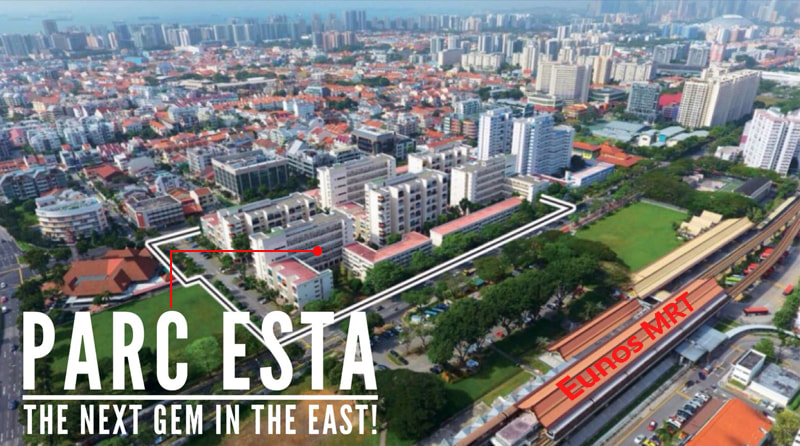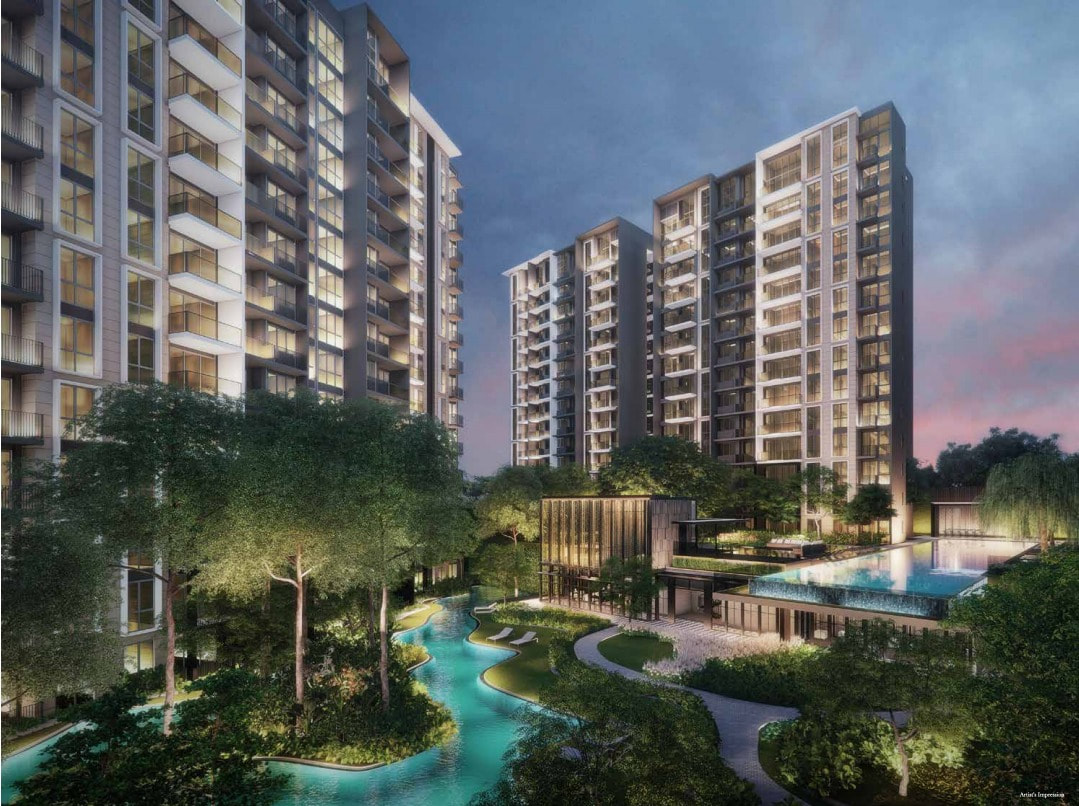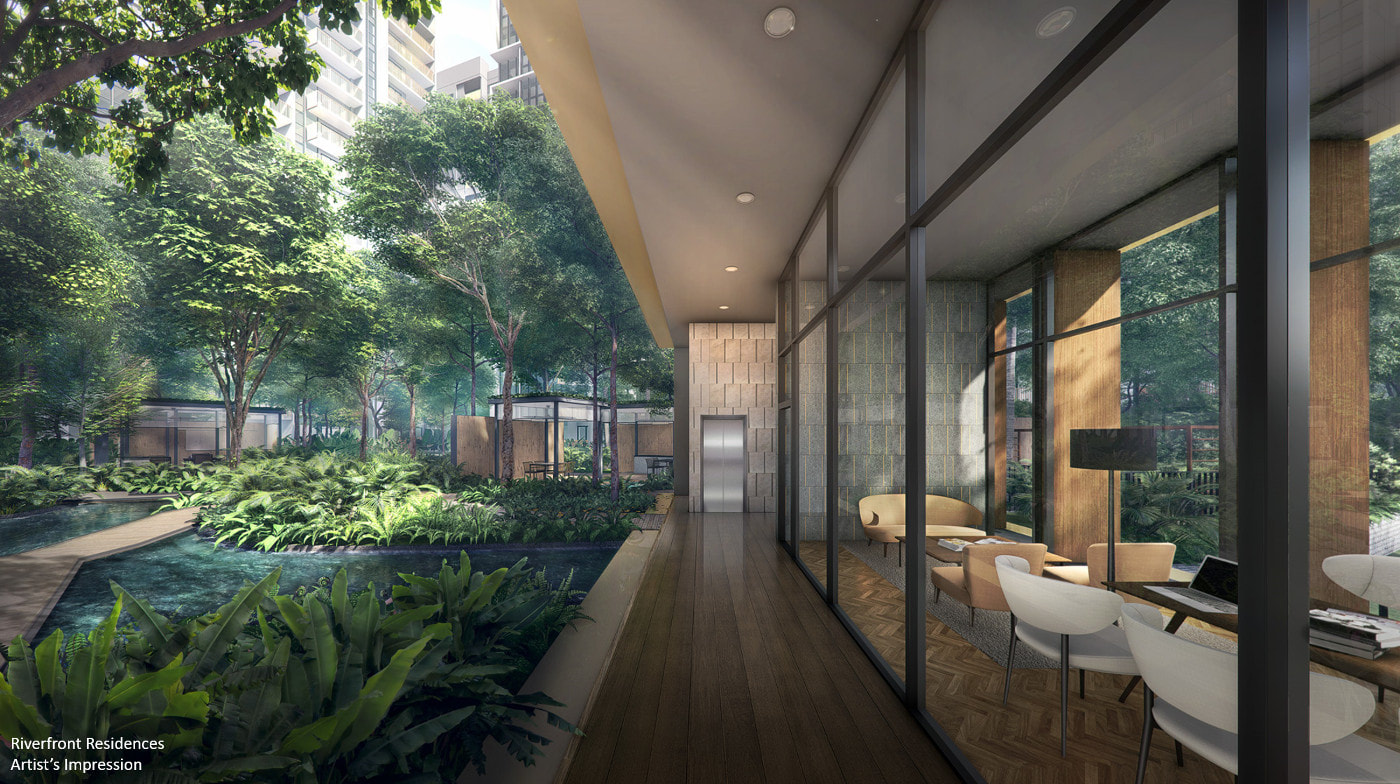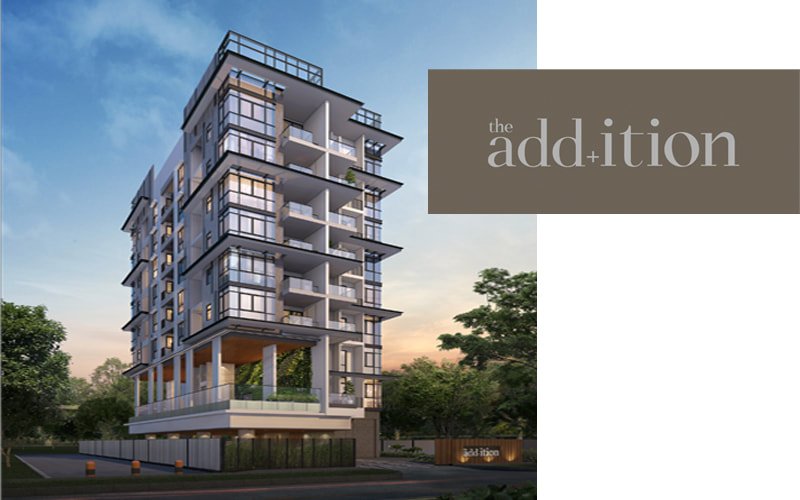Singapore has topped the rankings as the best place for expatriates to live and work for the fourth year in a row. It secured the top spot by doing well in the three main categories - coming third for economics, fifth for families and sixth for experience. The annual HSBC survey polled 22,318 expats around the world, including about 500 here, in March and April. It found that 45 per cent of those in Singapore said they initially moved here to progress their careers, higher than the global average of 35 per cent, while 38 per cent did so to improve their earnings.
The global average was 24 per cent. It was not all the lure of money though - around 25 per cent said they moved here simply because they wanted a challenge. As far as pay goes, the highest expat salaries were in Switzerland, the United States and Hong Kong. Expats here earned an average of US$162,200 (S$224,000), about US$56,000 more than the global average, placing Singapore in fifth place. Sweden was top for family; while New Zealand, Spain and Taiwan scored highest in the experience category.
MAS watching property market after curbs
Singapore's central bank is keeping a close eye on the property market after the city-state took a "decisive set of measures" three months ago to cool things down. "It's too early to tell what the implications from the last round of tightening measures are," Ravi Menon, managing director at the Monetary Authority of Singapore, said. "It will take at least two to three quarters for the full implications to be understood. So we are watching that closely." The extra measures appear to be taking effect, with home prices growing at the slowest pace in five quarters in the three months through September, while bulk sales of condominium buildings have collapsed. Singapore has one of the world's highest rates of home ownership at about 90 per cent.
Russian cybersecurity firm Group-IB to move global HQ to Singapore
Moscow-based firm Group-IB has spent close to a decade fighting and investigating cybercrime in countries all over the world. Now, the company is training its sights on Singapore as the catalyst for an expansion into South-east Asia. In fact, Group-IB is so confident of Singapore's potential that by the end of this year, the city will be where the new global headquarters is based. The company is in the midst of moving its intellectual property to Singapore, and the plan is to have 90 staff - comprising 15 from Moscow and the rest hired locally - here in two years' time. It is also targeting to hit a 100 per cent year-on-year growth in international revenue once it announces a new technology in Singapore next year. The new technology will offer a different perspective on cyber detection methods and reduce costs for organisations.
US telco CenturyLink to open security ops centre in S'pore
American telecommunications company CenturyLink said that it will be opening a new security operations centre in Singapore by early next year. This is part of efforts to better address the cyber security needs of its Asia-Pacific enterprise customers. CenturyLink operates seven security operations centres around the world in locations including Denver in the United States and London. The one coming up in Singapore will be its eighth.
The World Bank launched its inaugural Human Capital Index, which ranks countries according to how well they are developing their human capital based on five indicators: the probability of survival to age five, a child's expected years of schooling, test scores, adult survival rate and the proportion of children aged under five who suffer from stunted growth. Singapore topped the ranking: children born in the Republic today can be expected to fulfil 88 per cent of their potential to be productive when they grow up, given that they get a full education and enjoy good health. The Human Capital Index found that around 56 per cent of all children born today will lose more than half of their potential lifetime earnings if governments do not take appropriate steps to prepare for healthy and educated populations.
S$105.3m Nassim deal is highest for GCBs
In what is believed to be the biggest transaction in absolute price terms in a Good Class Bungalow (GCB) Area, a two-storey bungalow in Nassim Road near the Botanic Gardens was transacted earlier this year for S$105.3 million. This works out to S$2,477 psf on the freehold land area of 42,515 sq ft in the plush locale. The buyer is Tony Tung, the Singaporean chairman of Winson Group, which is involved in oil trading, marine bunkering and oil storage and terminal facilities. Based on caveats data, 13 properties in GCB Areas have been sold for a total of nearly S$354 million in the third quarter of this year - higher than the S$169 million in Q2 this year and S$123 million in Q3 last year. For the first nine months of this year, the tally stands at S$773 million - surpassing the S$587 million in the same period of 2017. Industry players note that for the first nine months of 2018, in addition to the S$773 million in caveated deals, there have been at least S$215 million in transactions completed in the same period for which caveats were not lodged by buyers.
Lim Kim San estate sells Dalvey Rd GCB site for S$93.9m
The estate of the late Lim Kim San has sold a freehold Good-Class Bungalow along Dalvey Road for S$93.9 million - or S$1,804 psf based on the 52,059 sq ft land area. The elevated site is large enough to be redeveloped into three bungalows. The buyer is understood to be a Singaporean member of the Tsai family of Taiwan. The family controls Homax Equity, a vehicle that its founder, billionaire Tsai Tseng Yu, has used to make real-estate investments since he struck out on his own in 2010, after having sold his shares in Cathay Financial Holding to his brothers. The Dalvey Road deal takes the tally to 13 transactions totalling about S$354 million in GCB areas in the third quarter of this year - higher than the eight transactions adding up to S$169.1 million in Q2 this year; in the year-ago quarter, there were seven deals amounting to S$123.1 million. The tally for the first nine months of this year is S$773.1 million - and this excludes a string of deals in GCB areas that were completed this year without caveats being lodged by their respective buyers.
Singapore residential-property investment sales have fallen after the latest round of housing curbs put the brakes on en bloc redevelopment deals. Just two redevelopment sales worth S$353 million were completed in the third quarter, down from S$3.8 billion of transactions the previous quarter. Commercial and industrial property helped prop up investment sales. Office sales rose 54 per cent to S$2.1 billion last quarter, and industrial property deals jumped 73 per cent to S$1.2 billion.
Tulip Garden sale proceeding
The marketing agent for Tulip Garden, has quashed speculation that the S$906 million en bloc sale of the Farrer Road project has hit a speed bump. The market talk centred on the sale being scuppered because the number of residential units being planned by buyer Asia Radiant had not been approved by the authorities. In an announcement in April this year when the bid was awarded, China developer Yanlord said the site could yield up to 670 residential units with a plot ratio of 1.6. The redeveloped project is slated for completion by 2023. The deal marks Yanlord's maiden entry into Singapore's prime freehold residential property market.
Lafe Corp calls off Fairhaven deal, forfeiting deposit in aborted collective sale
Developer Lafe Corp has backed out of efforts to buy the Fairhaven condominium, on factors such as property cooling measures and expectations of interest rate hikes. Lafe Corp, which picked up the 15-unit freehold project in Sophia Road in a S$57 million collective sale in March, is forfeiting its deposit. The sellers have already been informed of the company's decision. Lafe Corp is not the first buyer to drop out of a collective sale after the cooling measures kicked in. Tee Land decided in July that it would not exercise its option to purchase Teck Guan Ville for S$60 million, and instead cut its losses with the forfeiture of a one per cent deposit.
People's Park Centre owners to vote on collective sale bid
People's Park Centre owners will be voting on whether to accept a reserve price of $1.3 billion, which analysts say is the highest so far for a mixed-use collective sale in this cycle. At an extraordinary general meeting (EOGM) on Oct 23, they will decide whether to accept the reserve price and method of apportionment for their first collective sale attempt. The development, which has 120 apartments, 256 offices, 324 shops and a carpark, has 51 years left on its lease. Apartment owners each stand to get between $1.83 million and $4.07 million; office owners, between $419,000 and $3.129 million; and shop owners, from $139,000 to $15.9 million. The owner of the carpark stands to get $55 million.
Rochor's Golden Wall Centre hits en-bloc market again
Golden Wall Centre has launched its second attempt at a collective sale, with a reserve price of S$260 million - little changed from what the strata unit owners wanted in a 2016 bid. This works out to a land price of S$2,194 psf ppr for the freehold commercial property at 89, Short Street in Rochor, which is zoned for commercial use. The building, which is slightly more than 100 metres from Rochor MRT station, occupies a 24,239 sq ft site with a gross floor area of about 118,488 sq ft, for a plot ratio of 4.88. The tender closes on Nov 23.
59 shop units in Ming Arcade up for sale en bloc at $51m
Dozens of shops in a commercial building in the prime Orchard area are up for collective sale. The guide price for the 59 units in Ming Arcade - a freehold strata-titled block near the junction of Orchard and Cuscaden roads - is $51 million, or about $4,470 per sq ft. Ming Arcade, which was completed in the 1980s, has a total of 88 units on 10 floors, including three basement levels. Located in the Orchard Road shopping belt, it is near a number of private medical facilities, including the Camden and Gleneagles medical centres. The 59 units make up nearly a third of the development's total share value. The units range in size from 140 sq ft to 334 sq ft, and their combined strata floor area is about 11,410 sq ft. Ming Arcade is on a 12,132 sq ft site, with a gross plot ratio of 4.2 and a maximum height of 20 floors. No development charge is payable up to the approved gross floor area of 55,046 sq ft for commercial use.
Punggol residents can look forward to new amenities, such as a hawker centre and regional library, coming under one roof when the Punggol Town Hub opens in 2021. Other amenities include a childcare centre and healthcare facilities. In addition, there will be a revamped Punggol Vista Community Centre, which will be about seven times the size of the current void deck community centre. The hub will be located opposite Waterway Point shopping mall and next to the upcoming Punggol Regional Sports Centre. When completed, it will be connected to Punggol MRT station via a linear green park, and to the Punggol Regional Sports Centre via a pedestrian overhead bridge. The cycling path around the hub will also integrate with the larger cycling network in Punggol.
HDB ethnic quota: Tough sell for owners of minority race
When account director Vijeshwariee Yoganathanput her five-room flat in Redhill Road up for sale in October last year, she thought she would have no problem selling it within a few months, given that it was opposite an MRT station and on the 26th storey. However, after 10 fruitless months, only one offer came in. Ms Vijeshwariee, 37, eventually sold her flat at $813,000 last month - more than $60,000 below the average price of about $880,000 that other five-room flats on high floors in the vicinity had fetched over the past five months. She believes the reason is that her block had reached the ethnic quota for Chinese residents. That meant she was able to sell the flat to only people from minority races, a factor that significantly reduced the pool of potential buyers. More attention is being focused now on home owners like her who have been affected by the Ethnic Integration Policy (EIP), which specifies the proportion of units in an HDB block and precinct that can be owned by a particular racial group to ensure a balanced mix. More minority flat owners could be facing such issues now. An analyst noted that 30 per cent of HDB blocks had reached at least one ethnic quota as of July this year, up from 27.9 per cent in 2016 and 24.4 per cent in 1989, when the EIP was implemented.
Mixing rental and purchased flats
The Straits Times understands that at least five rental blocks that are integrated into a neighbourhood have been built since 2008. Two are in Tampines, and the other three in Bishan, Punggol and Pasir Ris. Opportunities to encourage social mixing across classes, and reduce class stigma, are set to expand with Build-To-Order (BTO) project Marsiling Greenview in Woodlands Street 13, which was completed a few months ago. It is the only public housing project here that integrates rental and sold flat units in the same block, with two other BTO projects - in Bukit Batok and Sengkang - due to be completed in the next few years. ST interviewed 20 residents of rental blocks that are integrated into the community and found mixed views about such attempts at integration. Nine of them believe that mixing has benefits. The rest of the residents interviewed were either against such integration, or had mixed feelings.







 RSS Feed
RSS Feed
